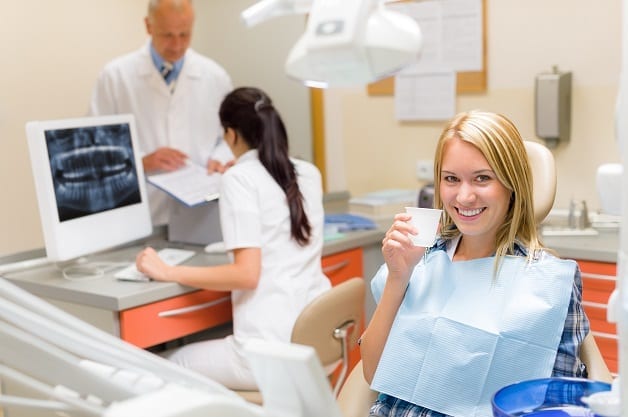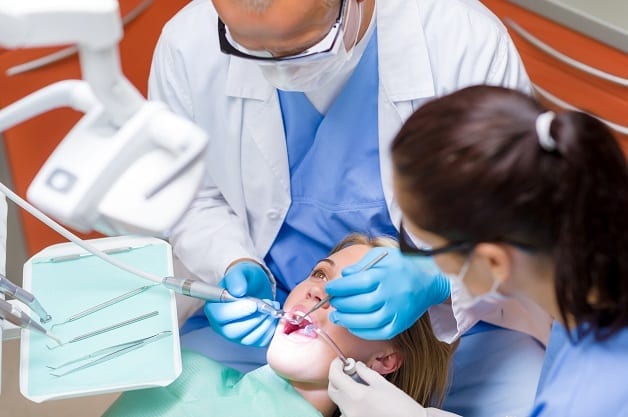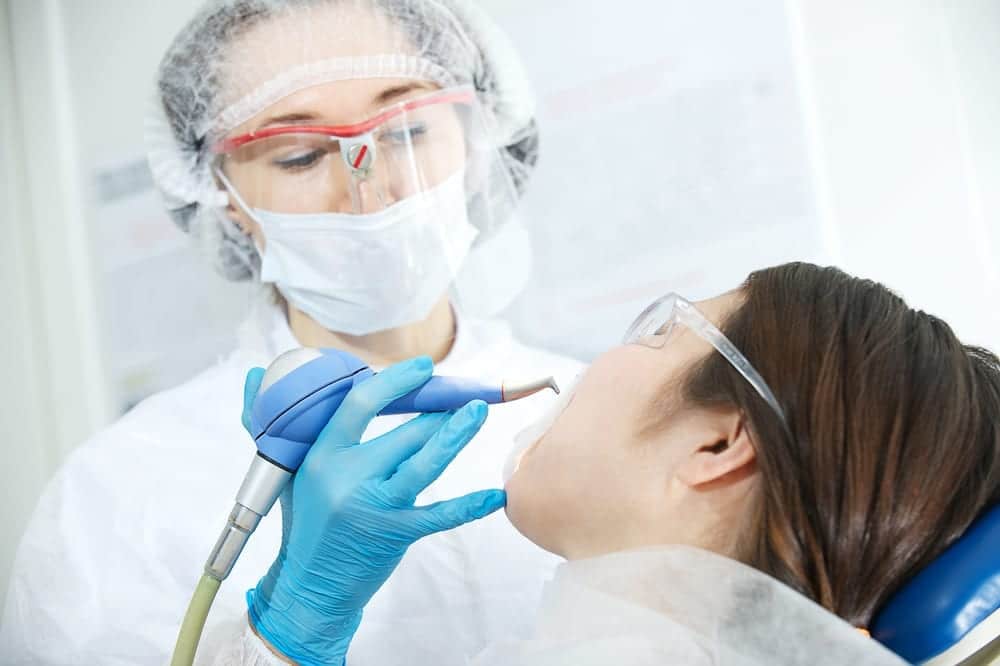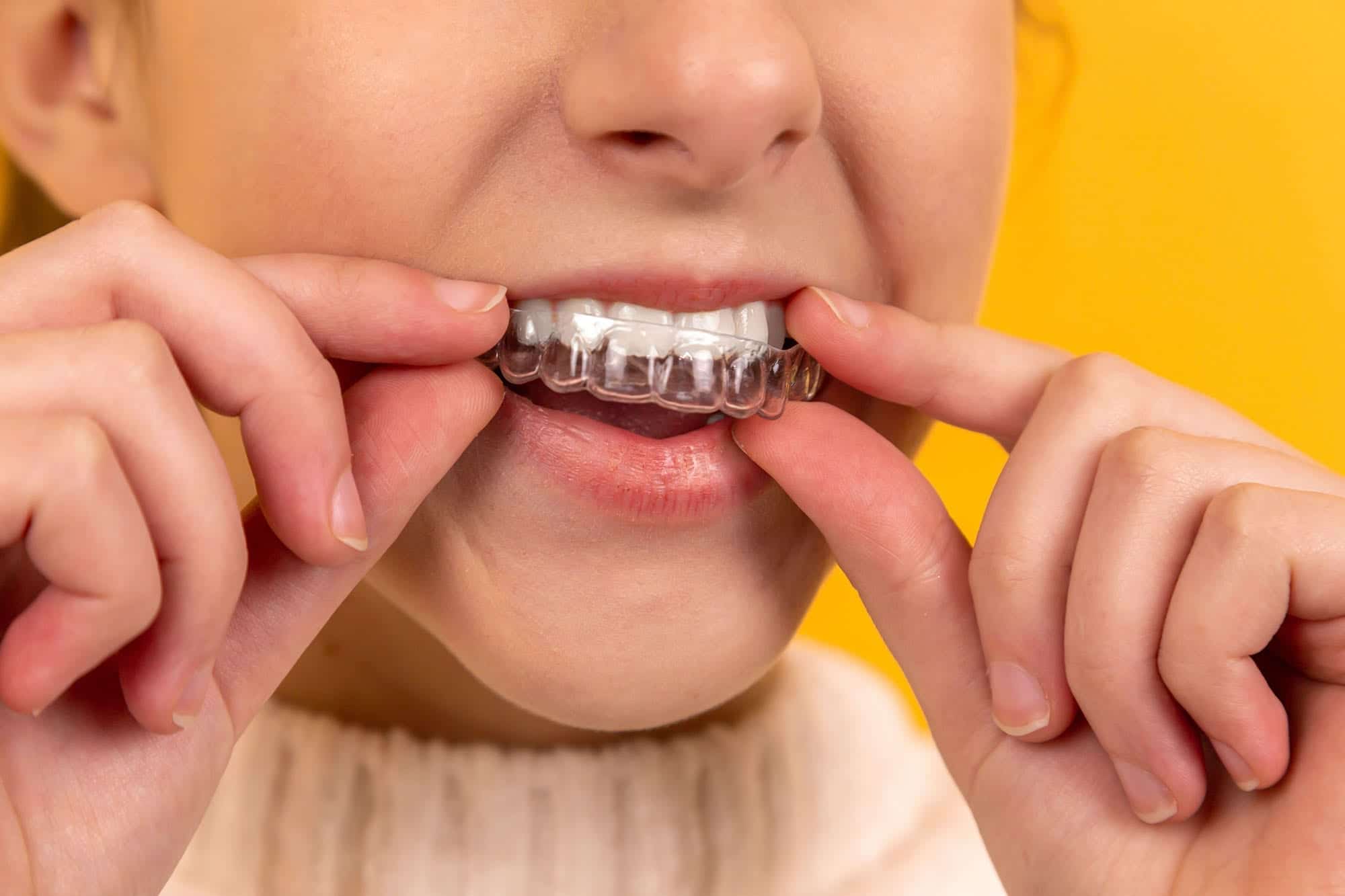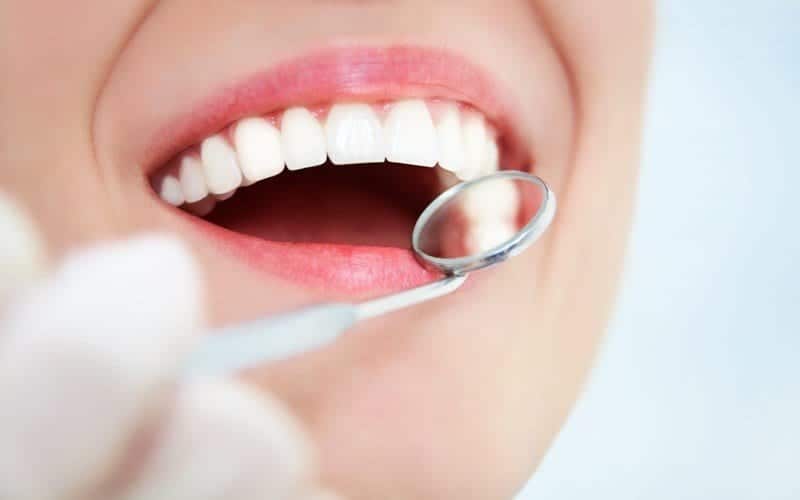Dental cleaning or prophylaxis is considered part of a routine visit to the dentist when you don’t have issues with cavities or a throbbing tooth. However, there are quite a surprising amount of people out there who are unfamiliar with this service. Many people are not aware that prophylaxis is many times more effective than teeth brushing. so much so that you can use have it done every three to six months to keep your teeth relatively clean and healthy for the rest of the year. Here’s what you need to know when it comes to teeth cleaning and its effect on your overall dental health.
Expectations and Realities of Dental Cleaning
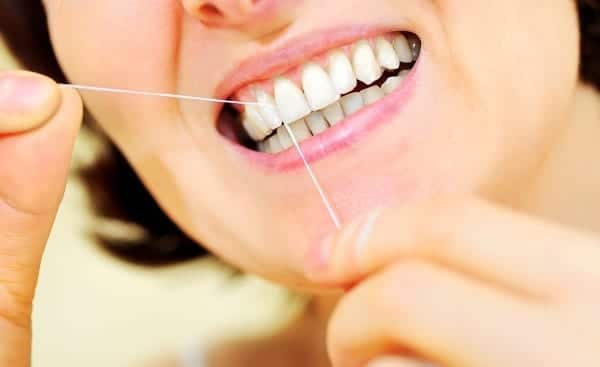
How often should you go to the dentist for a dental cleaning anyway? As a rule of thumb, every 6 months or twice a year is your best bet. However, this obviously doesn’t apply to everyone. Some might require heavier cleanings that happen more often, but of course the twice a year rule is also there because most people only have enough time and money for occasional dental cleanings. They’d go bankrupt by going to the dentist daily, weekly, or monthly! To wit:
- Dental Cleaning Defined: Before anything else, what is dental cleaning anyway? It’s a professional-grade type of teeth cleaning done a t a dentist’s office by a dental hygienist or the practicing dentist in question. Either of the two use special tools used to remove plaque and tartar or calculus from your teeth from above and below where the gums and teeth meet. You can walk in and have it done or you can set up an appointment with the dentist to ensure you won’t have to wait in line or anything.
Furthermore, it goes beyond what you’d normally do in order to clean your teeth. Usually, you go about it by brushing your teeth after every meal, You should then floss out the bits of food in between teeth gaps then gargle with antibacterial mouthwash to rinse it all away. With dental cleaning, you’ll be doing all that and have the dentist or hygienist scrap and scale any potential gingival or periodontal disease. Minor drilling might even be involved to polish your teeth and crack through hard tartar deposits.
- A Regular Dental Cleaning Routine: Establishing a regular dental cleaning routine can impact your long-term dental health considerably, especially as you reach old age. Every time you go and have a checkup and cleaning with your dentist or hygienist, you’ll always be on top of developing conditions and diseases such as gingivitis, periodontal disease, or cracks on your enamel that can lead to tooth cavities. You can also further adjust your regimen according to their recommendations.

The idea here is to make sure that you won’t make your dental problems grow worse. Keep that tartar and plaque away with regular brushing plus the assistance of your dental professional scraping the diseased parts of your teeth and gum, thus allowing them to heal. Regular cleaning with your checkup appointments is like getting advice from your dental coaches. You can adjust your gameplay when it comes to your hygiene regimen up until your very diet and sugar consumption.
- How Often Should Your Dental Cleaning Occur: How often should you have your teeth cleaned by your dentist or dental hygienist? Every 6 months is a good rule of thumb. If you have a gingival or periodontal disease, you’ll have to make it either seasonal or every 3 months or more depending on your budget/insurance and the recommendation of your dentist. The worse your dental health is the more dental cleaning you’ll need. It’s impractical to recommend the exact same schedule for every one since dental cleaning should be tackled on a case-by-case basis, but every 6 months is a good place to start.
In the end, how often you get your dental checkup depends on a number of risk factors you might or might not have. You could have a history of chronic gum disease, thus necessitating more dentist visits. Your diet and health history can also be factors as well as the medication you take that could do a number on your teeth. Naturally, your personal dental care regimen should be observed regularly because even if you have healthy genetics, bad hygiene can still do a number on your teeth.
- Dental Cleanings Are Like Oil Changes: How often do you have your oil changed? Every 3,000 miles or every 6,000 miles? Probably around the time you can afford it or when the paycheck arrives after 6 months. Sure, it’s harder to check the mileage of your teeth cleanliness, especially if you’re brushing, flossing, and rinsing it daily by yourself anyway. Unlike a car, you don’t have a computer warning you that you need to go to the dentist to get your teeth cleaned twice annually. Most patients like motorists only visit a specialist when something is wrong.
However, it’s also true that not all patients should universally have their teeth cleaned every 6 months either. Some patients are neglectful of their dental hygiene, thus necessitating more trips to the dentist so that he can do their dental cleanings for them. There are also patients who have gum disease, thus necessitating them to go every 3 months for dental cleaning plus scaling and whatnot. Various environmental factors and influences like smoking and drinking can lead to more dental cleanings in your future.
- A Checkup and Maintenance Service in One: Speaking of car-related comparisons, dental cleaning is also comparable to going to the mechanic for a tune-up. The beauty of prophylaxis is that it combines different services in one go or session. Their main priority is to remove the tartar buildup in your teeth. Tartar starts off as plaque or that white creamy film on top of your teeth that develops whenever you neglect to brush your teeth for any length of time. Tartar is a crucial act when it comes to ensuring your dental health.
This is because tartar can affect your gum and tooth health by not only causing decay and disease but also loosening the tooth’s connection to your jaw, leading to wobbly teeth. What’s more, these dental professionals can also identify from your visit serious health risks such as chronic inflammatory gum disease or even outright oral cancer. The success of your subsequent treatment of such diseases depends on how early your hygienist or dentist have identified them.
- The Difference Between Plaque and Tartar Explained: There are certain things that dentists and dental hygienists can do to clean your teeth that you can’t on your own. You don’t go and have prophylaxis because you’re too lazy to clean your teeth on your own. This is because plaque and tartar are two different things. Plaque is filmy, creamy, and removable with enough tooth-brushing and flossing. Back in the day, “film” was what plaque was called, after all. It builds up on your gums and tooth all day if you don’t brush your teeth regularly.
You can remove plaque, which contains millions of bacteria and combines with sugars to form enamel-destroying acid. However, plaque that has hardened and mineralized into tartar requires the assistance of a dentist or dental hygienist to remove using their special instruments and techniques because brushing, flossing, and rinsing couldn’t take care of it. You go on a dental cleaning appointment because tartar is the hardcore, mineralized version of plaque that also triggers tooth decay but is much harder to remove.
- What Dentists or Dental Hygienists Do to Clean Your Teeth: Tartar is the deadlier form of plaque that can cause cavities, gum recession, and periodontal disease. You can’t remove it by regular brushing and flossing at your home. You can however depend on professional help from your dentist or dental hygienist. They uses specially designed instruments known as scalers in order to scale away all that tartar or calculus (not the school subject) deposits, removing them from gums and teeth.
Without their assistance, your regular dental hygiene would be for naught. The tartar buildup will continue growing unhindered, thus causing you severe problems that includes the worst-case scenario of periodontal disease and loose teeth. At this juncture, you’ll need to pay the dentist or dental hygienist more in order to avail of deep cleaning services that outright removed diseased parts of your teeth and gums in order to induce healing and stave off the development of your gingivitis and periodontitis.
- Find Out Your Family’s Dental History: Does your family have a history of heart disease, diabetes, or cancer? You usually know this information and know what to answer the doctor when asked about it or if it’s included on your question and answer sheet as you check-in the hospital, right? Your family’s gum disease history should also be clear to you. Have your parents or grandparents undergone bouts of gingivitis or periodontitis? What age did they start putting on dentures? It’s not exactly a dinnertime type of conversation, but it won’t hurt to ask when push comes to shove.
Your risk for gum and periodontal diseases might be of a genetic nature. Gum disease has a strong genetic predilection and knowing this info will help your dentist make the right decision for your overall oral care. Find out what type of gum disease your family is prone to and how severe it was on them because it might be hereditary and you might’ve inherited some gum disease risk. Thusly, this will reflect on how often you should go to the dental clinic to get your teeth cleaned. If you’re at risk, you’ll have to go for cleanings more often or change your brushing times to more than twice daily.
- Find Out If You Need an Antibiotic to Deal with Your Bacterial Issues: All mouths have bacteria in them. Certain dental procedures and treatments can allow that bacteria to get into your bloodstream, which is also known as bacteremia. For most people, this isn’t an issue. For certain people who don’t have a healthy immune system, these bacteria might end up causing them harm, infection, or even sepsis when push comes to shove. This varies from person to person.
When you’re undergoing prophylaxis, these oral bacteria within your mouth can enter your bloodstream during or after the dental cleaning procedure is over. This is a commonplace risk. If you’re not healthy enough to deal with additional bacteria within your system, then you can deal with your bacteria and prevent it from causing an infection in another part of your body by taking an antibiotic. Tell your doctor if you have a compromised immune system to get a prescription for an antibiotic, whether it’s penicillin or amoxicillin.
- The Multitude of Reasons Why Dental Cleaning Is Important: The main two reasons why prophylaxis is important because it helps prevent tooth loss and keeps your risk down for diseases in the rest of the body like diabetes complications, heart disease, or even dementia. Less, cleaning your teeth through a processional can also impact your risk against diseases outside of oral ones. This is because the mouth is an area that takes a beating from the food you eat and the talking you do.
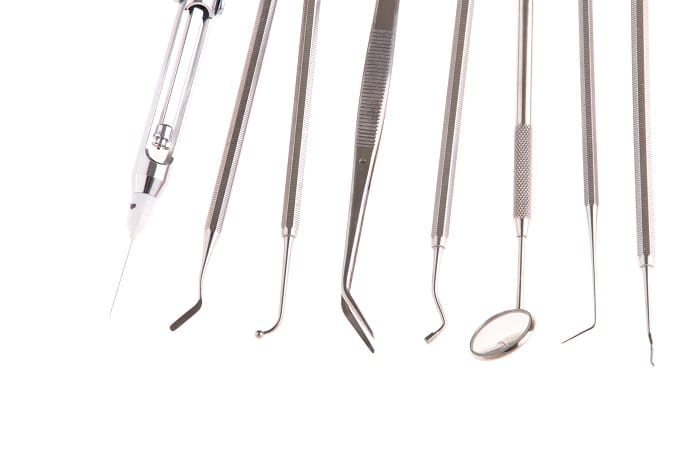
This unique, moist environment filled with good and bad bacteria requires extra care. Like tuning up your car after a certain period of time to ensure you won’t end up with bigger problems that require an overhaul down the line. This is because removing tartar and plaque buildup really is that essential. You don’t want that tartar to accumulate so much it looks like a tooth outgrowth the same way a ship filled with too many barnacles will eventually corrode and spring leaks all over its hull and underside.
Conclusion
Here’s the deal when it comes to dental cleanings or undergoing the prophylaxis process. They’re essential not only for ensuring the cleanliness of your teeth when you tend to neglect them. They’re important not only because they can serve as your means of guaranteeing dental health on top of regularly observed dental hygiene habits like brushing, flossing, and rinsing with mouthwash. They’re also essential in making sure the rest of your body and mind are in perfect working order.
Also, the best method of figuring out how often you should have your teeth cleaned is to contact and consult your dentist. Specifically ask them questions in regards to how often they recommend you come in and see them in light of your budgetary or dental insurance limits. If it’s more often than every 6 months, ask them the reason why. They should be able to explain to you how often you should come in and get your teeth cleaned and why it should be that often in the first place.
Thantakit International Dental Center is Thailand’s longest established dental center. Situated in Bangkok, our clinic is renowned across the world as a destination for world-class dentistry, with most of our patients flying to us from Australia.
Please contact us today and get a FREE dental consultation.

